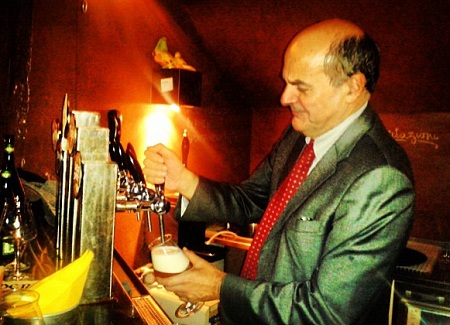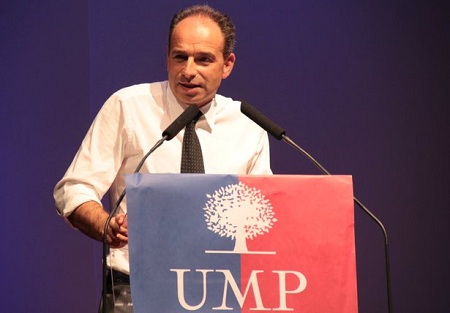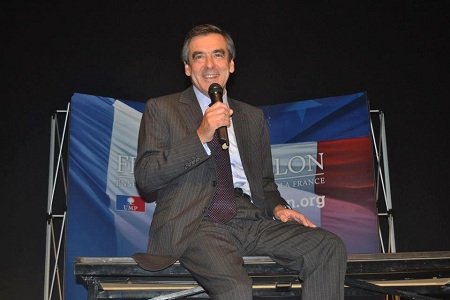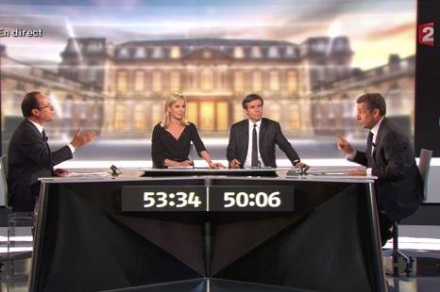Florence’s brash, young mayor Matteo Renzi and his campaign to lead the Italian left threatened to remake Italian politics at a time of upheaval and uncertainty greater than at any point in the past two decades.![]()
But the rank-and-file of the Italian left chose the more familiar path on Sunday, elevating instead the familiar, older and more staid, even boring, president of Italy’s largest center-left party, the Partito Democratico (PD, Democratic Party), Pier Luigi Bersani (pictured above, enjoying a post-election beer).
The 61-year-old Bersani easily defeated the 37-year-old Renzi with around 61.1% of the vote (with just 38.8% for Renzi) — a victory so complete for Bersani that Renzi was winning only in Tuscany, the central Italian region that’s home to Florence, and even there, only with about 55% of the vote.
For many reasons, I argued last week that Bersani’s victory was very likely: his control of the PD party machinery, Italian cultural values that respect longevity (i.e. can you think of anyone in the past 50 years that could be described as ‘Italy’s JFK’?), close ties to Italy’s largest union, the Confederazione Generale Italiana del Lavoro (CGIL, General Confederation of Labour) and support from the candidate who placed third in the first round of the primary election, Nichi Vendola. Vendola is the openly-gay, two-term regional president of Puglia, a more leftist candidate who is the leader and founder of the Sinistra Ecologia Libertà (SEL, Left Ecology Freedom), which will join with a handful of other small leftist parties in supporting Bersani as a candidate for prime minister in Italy’s general election, scheduled to be held on or before April 2013. Vendola memorably said, on the same day as his endorsement, that Bersani’s words were ‘profumare di sinistra‘ — perfumed with leftism.
Current technocratic prime minister Mario Monti is not running in the upcoming election. Monti has shepherded labor reforms, budget cuts and tax increases through the Italian parliament since the PD joined with the main center-right party, the center-right Popolo della Libertà (PdL, People of Freedom) in November 2011 to appoint Monti in the midst of a public finance crisis that resulted in Berlusconi’s resignation.
So what happens next?
Continue reading Bersani routs Renzi in ‘centrosinistra’ primary to lead Italian left next spring









